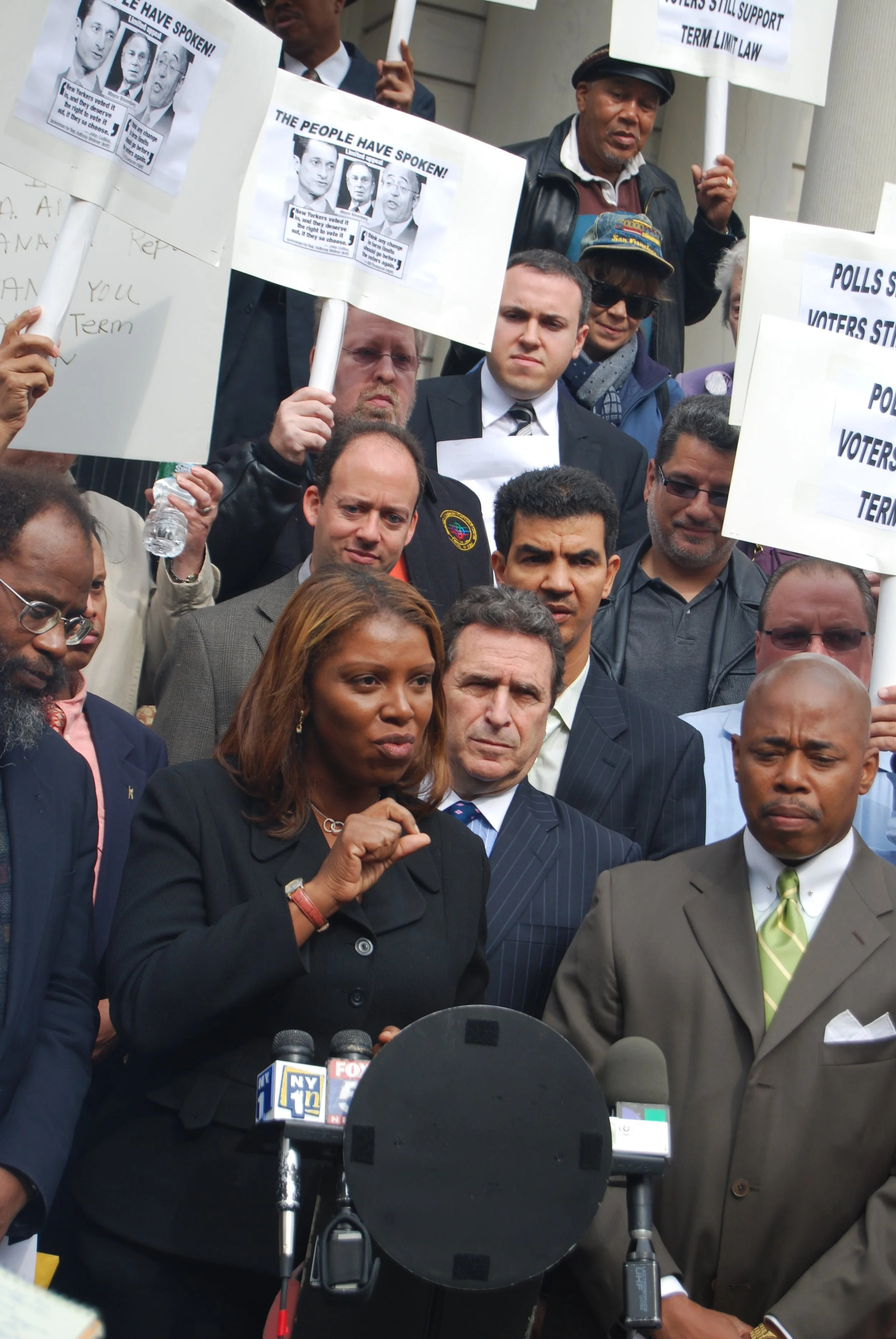On Wednesday, Sept. 21, New York Attorney General Letitia James filed an extensive lawsuit accusing former President Donald Trump of “overvaluing his assets by billions of dollars,” The New York Times reported. James is suing the family-run Trump Organization, as well as Trump’s three eldest children, Ivanka, Eric and Donald Trump Jr.
Vladimir Putin and Xi Jinping convene at summit in Uzbekistan
Photo courtesy of The Kremlin/President of Russia’s Office via WikiMedia Commons.
The president of Russia, Vladimir Putin, and the president of China, Xi Jinping, pictured prior to their discussions in Beijing this year, during which Xi alluded to the February 2022 Ukrainian invasion.
By Amelia Potter ’26
Staff Writer
Before the invasion of Ukraine this past February, Chinese President Xi Jinping and Russian President Vladmir Putin declared a friendship of “no limits”, as reported by The New York Times. As it turns out, there are boundaries to this political allyship. The Times reported on Sept. 15, Jinping and Putin convened at a summit in Uzbekistan along with several other state leaders. According to NPR, the summit was a gathering of members from a security group created by China and Russia to counterbalance the influence of the United States.
The New York Times described the countries as coming to the meeting from places of “mutual weakness.” As stated by The New York Times, China is currently experiencing an “economic slowdown” — a consequence of strict COVID-19 restrictions and lockdowns. Putin, on the other hand, faced criticism as the war effort in Western-backed Ukraine turned against him. This month, as reported by The New York Times, Russia has lost “1,000 square miles” of territory. Despite Putin’s attempts to project strength, U.S. officials estimate there have been up to “80,000 Russian casualties in less than six months.”
Since the invasion of Ukraine triggered severe economic sanctions from the U.S. and other European countries on Moscow, China has been an economic lifeline for Russia. The New York Times reports that China remains a significant buyer of Russian commodities, and continues to be a crucial market for Russian exports.
As reported by The New York Times, Putin said at Thursday’s summit, “We highly appreciate the balanced position of our Chinese friends in connection with the Ukrainian crisis. We understand your questions and concerns in this regard,” Putin said during the meeting. Xi, however, did not speak of Ukraine. He only provided the statement that,“In the face of changes in the world, times and history, China is willing to work with Russia to demonstrate the responsibility of a major country, play a leading role, and inject stability and positive energy into a turbulent world.” The New York Times reported that scholars familiar with statements from the Chinese government interpreted Xi’s statement as an “implicit rebuke” of the invasion.
Ties between China and Russia go back to 1949, when the People’s Republic of China established a strong bond with the Soviet Union, according to the Center for Strategic and International Studies. Although the dynamic of their relationship has fluctuated in the subsequent decades, since 1989 the partnership has grown in scope. As reported by the same source, in 2019 President Xi said, “The China-Russia relationship is seeing a continuous, steady and sound development at a high level, and is at its best in history.” Additionally, The New York Times also detailed how Russia provided public support for China’s stance against Taiwan, and the Russian government swiftly denounced the visit of Speaker of the United States House of Representatives Nancy Pelosi to Taiwan as “provocative.” Yet, as Russia reaches a fragile moment in the war effort, China remains cautiously distant and steadfast. According to the same New York Times article, to lend any substantial aid or military support to Putin would risk provoking Western sanctions upon China’s already weakened economy. Russia has thus been obligated to turn to North Korea and Iran for military weapons.
As described by the New York Times, talks with Russia took backseat to Xi’s agenda with the other attending leaders of Central Asia — many from former Soviet republics and uneasy with Putin’s willingness to use force to regain former U.S.S.R. member Ukraine.
The partnership between Putin and Xi remains outwardly amicable. According to The New York Times, the Russian foreign minister Sergey V. Lavrov claimed that China and Russia still “see completely eye to eye on the international situation.” The same article reported that China has continued to reaffirm Russian propaganda over the last few months.
Nevertheless, by not endorsing the Ukrainian invasion nor lending substantial aid, Thursday’s summit served to display some limitations of the so-called unconditional political allyship of China toward Russia, and drew lines — albeit vague and perhaps temporary ones — in the sand.


